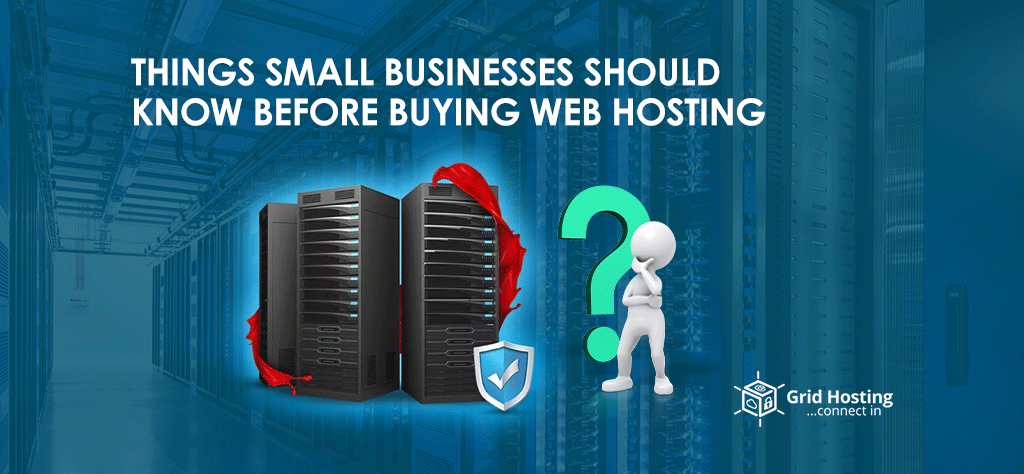Small business owners who want to build their websites online have increased their demand for web hosting services dramatically in recent years. Despite the wide range of options, it’s crucial for new businesses seeking a web host to understand what to look for before choosing anyone.
When people think about starting a small business, they usually imagine themselves as entrepreneurs who spend their time developing products and marketing services. But the process doesn’t really start here.
Many people may not understand the importance of having a website for online product and service promotion. For small business owners who wish to stay competitive in the market, having a mobile-friendly website is essential given that more than half of internet users now use smartphones.
Despite its significance for success, small business owners frequently overlook web hosting. Keep in mind these guidelines for web hosting before you sign a contract with any company.
What is web Hosting
A web host is a business that leases or sells server RAM. Web hosting often happens at a data center, which provides customers with services that enable them to publish websites on the Internet. A web host can also provide Internet access and data center space for servers that belong to other people. The name of the service that a Web host provides is web hosting.
Types of Web Hosting
The majority of web servers provide a variety of hosting options, each with a distinct price. Everything depends on what your website requires. We’ve compiled the list below to help you decide which type of hosting is best suitable for you.
SHARED HOSTING
Shared hosting services, a well-liked and cost-effective option, manage multiple clients from the same server infrastructure. It’s a great option when your needs and budget are limited, but there is a fee associated with it. There is more chance for disruption because the server’s resources are shared.
VIRTUAL PRIVATE SERVERS
VPS hosting is similar to shared hosting in that it keeps your files in a dedicated space with dedicated resources. At the normal higher cost as well, the risk of sharing hardware with your provider’s other subscribers or customers is reduced.
DEDICATED HOSTING
By providing a dedicated server, the security and performance issues associated with shared hosting are mitigated. It is also possible to include a large number of features but this will raise your costs and require more frequent management and maintenance.
MANAGED HOSTING
Despite having access to a dedicated server, your administration options are limited. Your provider handles security and upkeep while you manage content using FTP (File Transfer Protocol) standards, which networked computers use to speak to one another.
CLOUD HOSTING
Cloud hosting, a more contemporary solution, uses resource pooling and scale to reduce costs and the likelihood of noticeable service outages. It might be less expensive than other options but be sure you understand how your plan’s pricing works before making a decision.
You May Also Like To Read: Best Available VPS for Web Hosting in UK
Why your Small business website Needs Web Hosting
Web hosting is necessary for a small business website to be reachable and available online. Web hosting offers the infrastructure and storage space required to make a website reachable to users all over the world. Additionally, it offers capabilities like email hosting, security, and technical support that make operating and maintaining a website for small businesses simpler. A quality web hosting provider can also improve user experience by boosting the speed, security, and dependability of websites.
Consider these things Before Selecting Web Hosting for Your Business
Some people think choosing a web host is an easy and straightforward process. But before you make this important decision, there are many things you should consider. Here are the top 7 factors to be aware of when choosing a web host to help you narrow down your search.
Purpose of the website: Determine the website’s objective, such as whether it is for e-commerce, personal use, or informational reasons, in order to select the suitable hosting package.
Fast Loading Speed. Your website’s speed will affect how quickly visitors can view and access it. Make sure your web hosting provider has quick load times, especially if you intend to do online business.
Bandwidth and Storage: Ensure the hosting package provides sufficient bandwidth and storage to meet the demands of your website.
Reliability and Uptime: Choose a hosting company with a stable server and a proven track record of uptime if you want to make sure that visitors can access your website at all times.
For Special discounts and offers, visit our official Facebook Page







